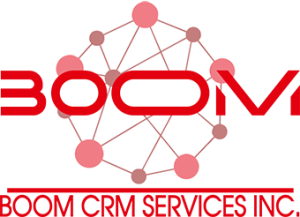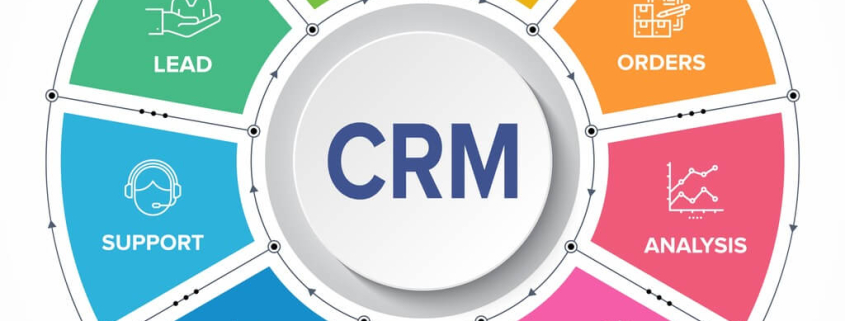What is CRM?
What is CRM?
Together we will review the four definitions of customer relationship
What does CRM stand for?
CRM stands for customer relationship management and its purpose is to manage the relationship with customers and how to respond to their needs and requests in the best way. This will increase the success of the business.
CRM is a method of design and active partnership with customers. Successful CRM sees the business from the customer’s point of view and experiences it in my planning. Viewing from the customer’s point of view will help you see the gaps and opportunities in your business and consider strategies and research processes for the organization.
It should be considered that CRM is not just a software. They summarize this topic to a tool that allows organizations to focus more on activities and relationships related to their investors, suppliers, and colleagues, but in fact, the concept of relationship management begins with decision-making from the layers of strategy and ultimately begins. These softwares are tools for implementing the organization’s strategies.
Four types of CRM are used in organizations:
CRM Strategy:
It shapes your business strategy and helps you attract new customers and keep your current customers satisfied and profitable. This strategy plays a prominent role in your organization because it makes the processes and organizational culture of correct management take shape in your business.
CRM Operations:
Manages the operational processes and automation of sales services, marketing simulations, and sales service delivery. The actions that exist in organizations that you use to get your prospective customers actually need to communicate with you, for example, when a customer receives a service request, you can provide a service. presents to him. In this way, CRM software helps to get more information, manage files related to them, etc. in a better way.
CRM
Analytical CRM:
The process by which operations gathered from marketing and customer relations are transformed into information that helps your organization make process and decision-making decisions. For sales results of various products, it helps you to find out what products and features of a product should be investigated further, or you see the results from customers who are recommended to you after a computer test, who buy their next computers from them.
CRM:
It is the interface between you and the outside environment (customers and agents) that helps you, creates more value for you. In fact, it helps you to implement systems that can receive your customers, whether positive or negative, listen to their requests easily and circulate them in the organization. Some of the communication channels are telephone system, email, SMS, chat, etc. In addition to customers, this software can also communicate with your provider, supplier and suppliers.
Harvard Business Review has stated that successful companies in implementing relationship management by creating predictive decision making have asked themselves four questions:
- Is there a strategic CRM implementation for me right now?
- Where are the pains of my organization?
- Does the organization need accurate information management now?
- What can you do after implementation?
Also, HBR stated that in the future, CRM will use data for prediction and become a proactive tool. And salespeople will use this robotic assistant.


